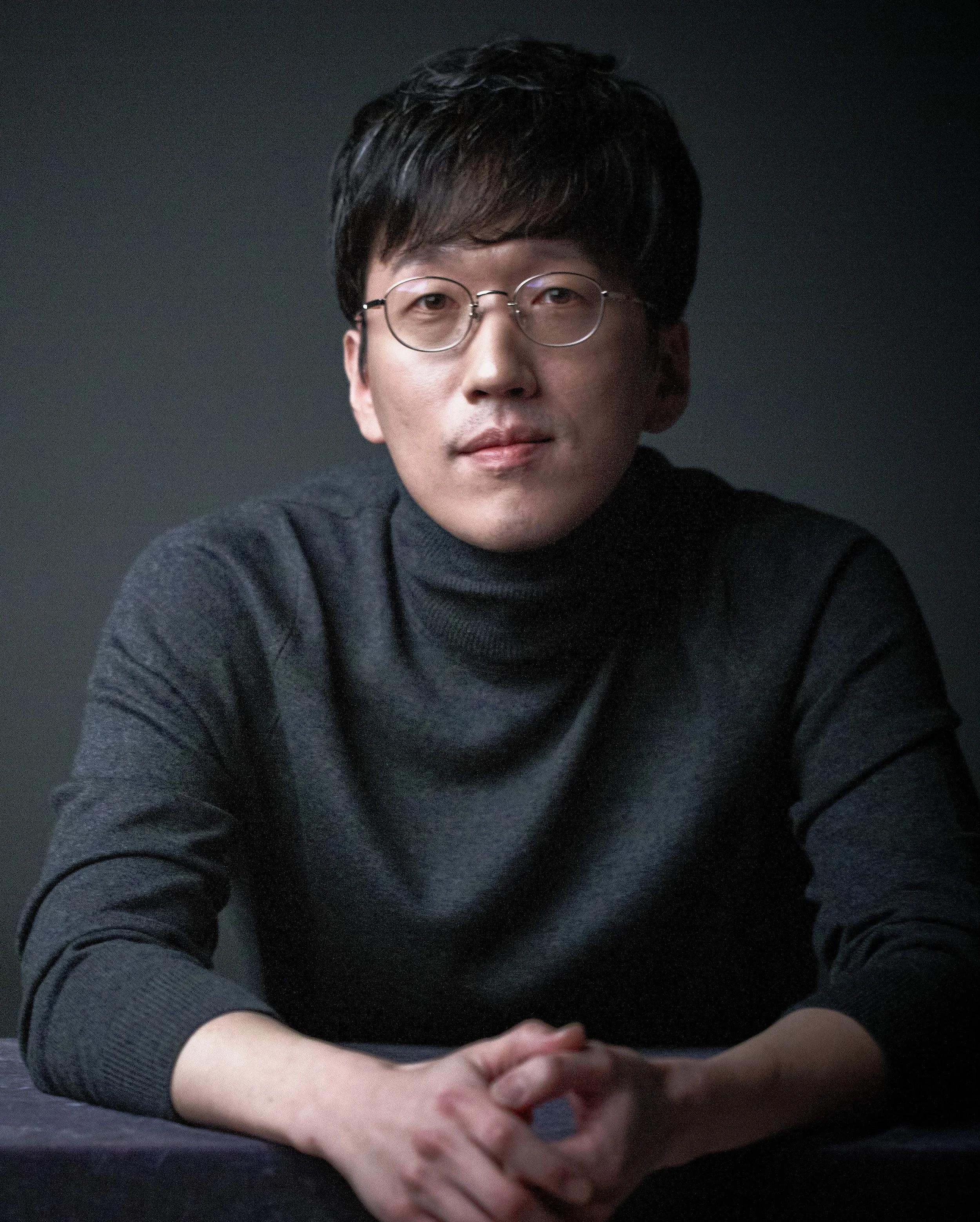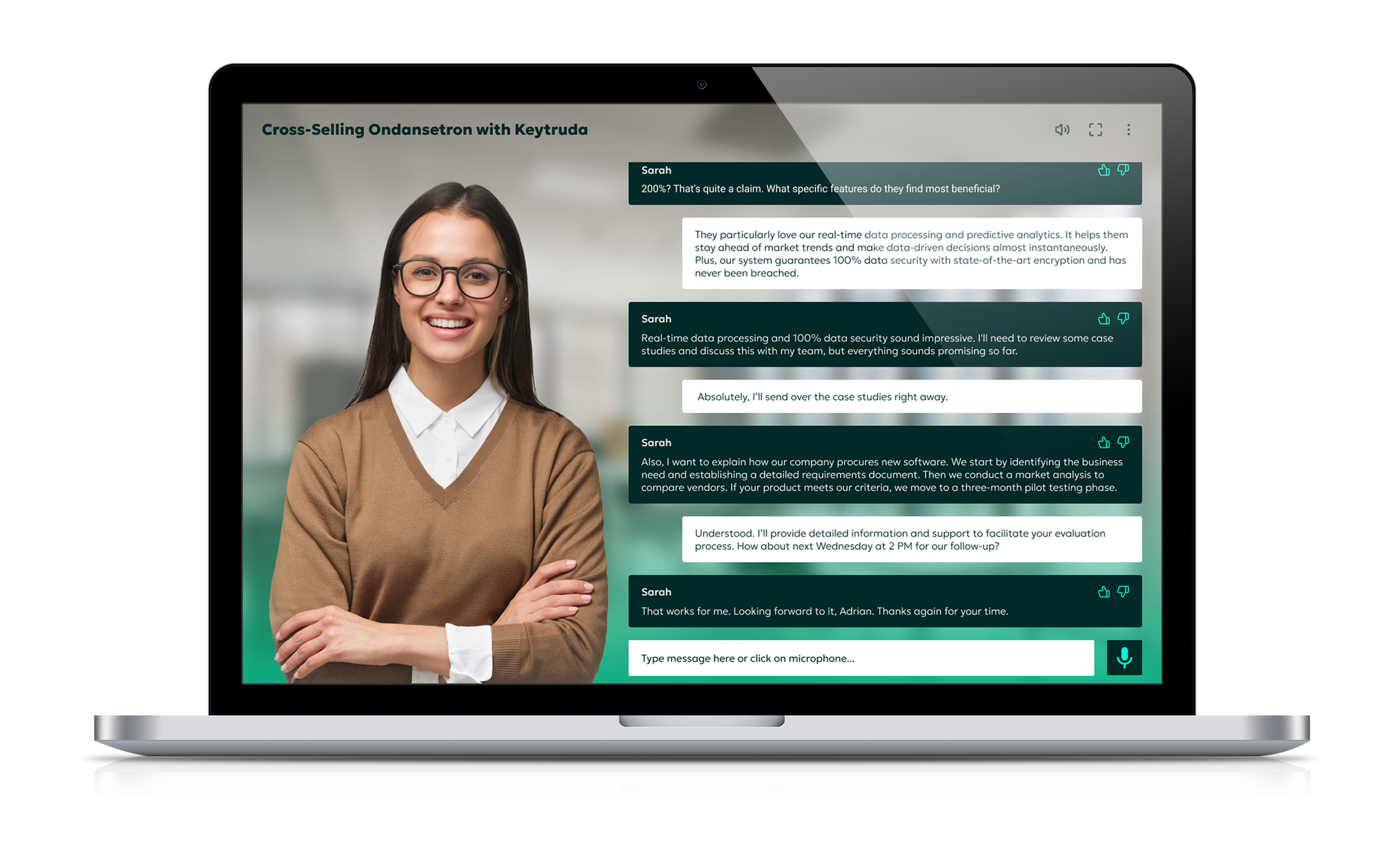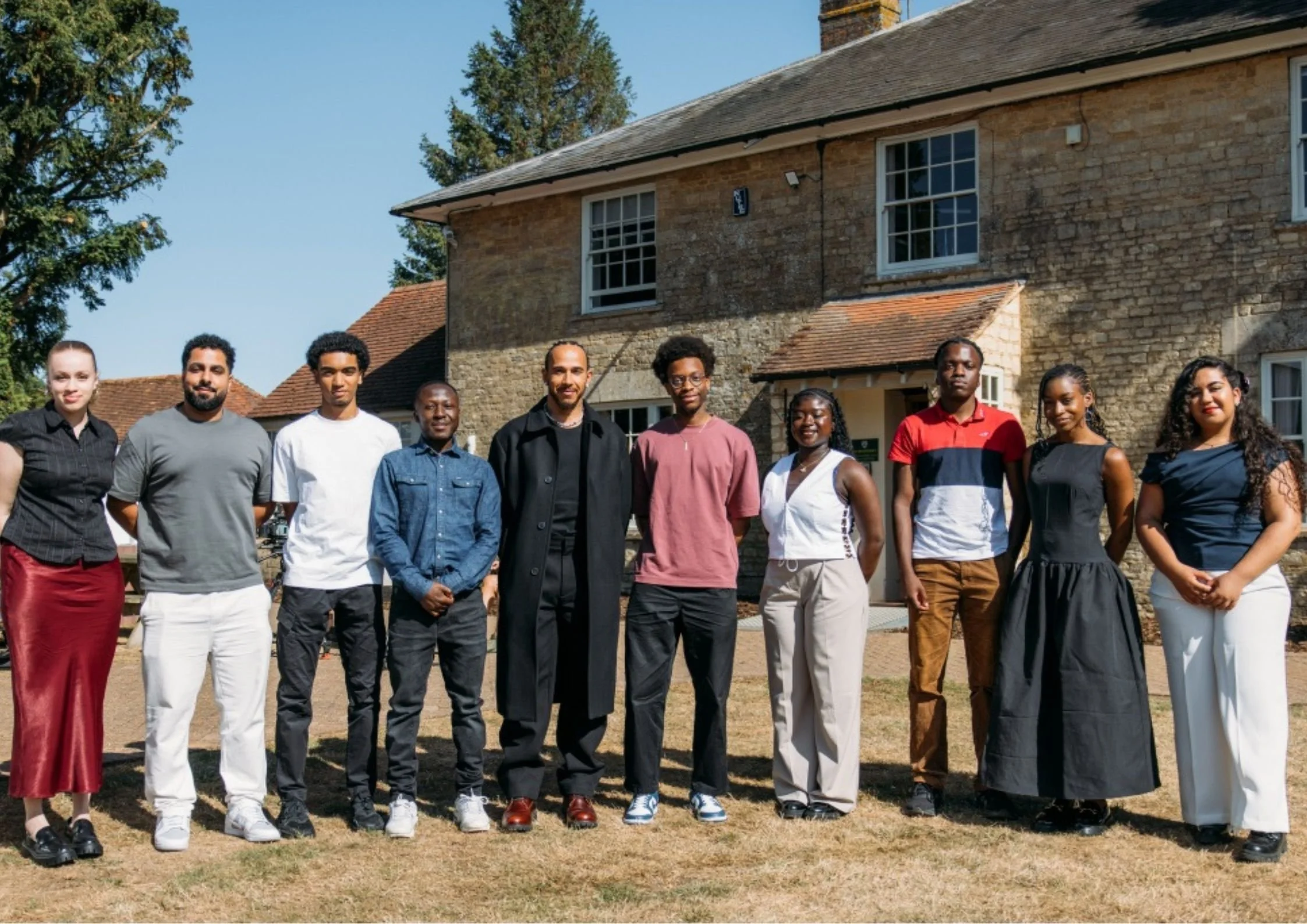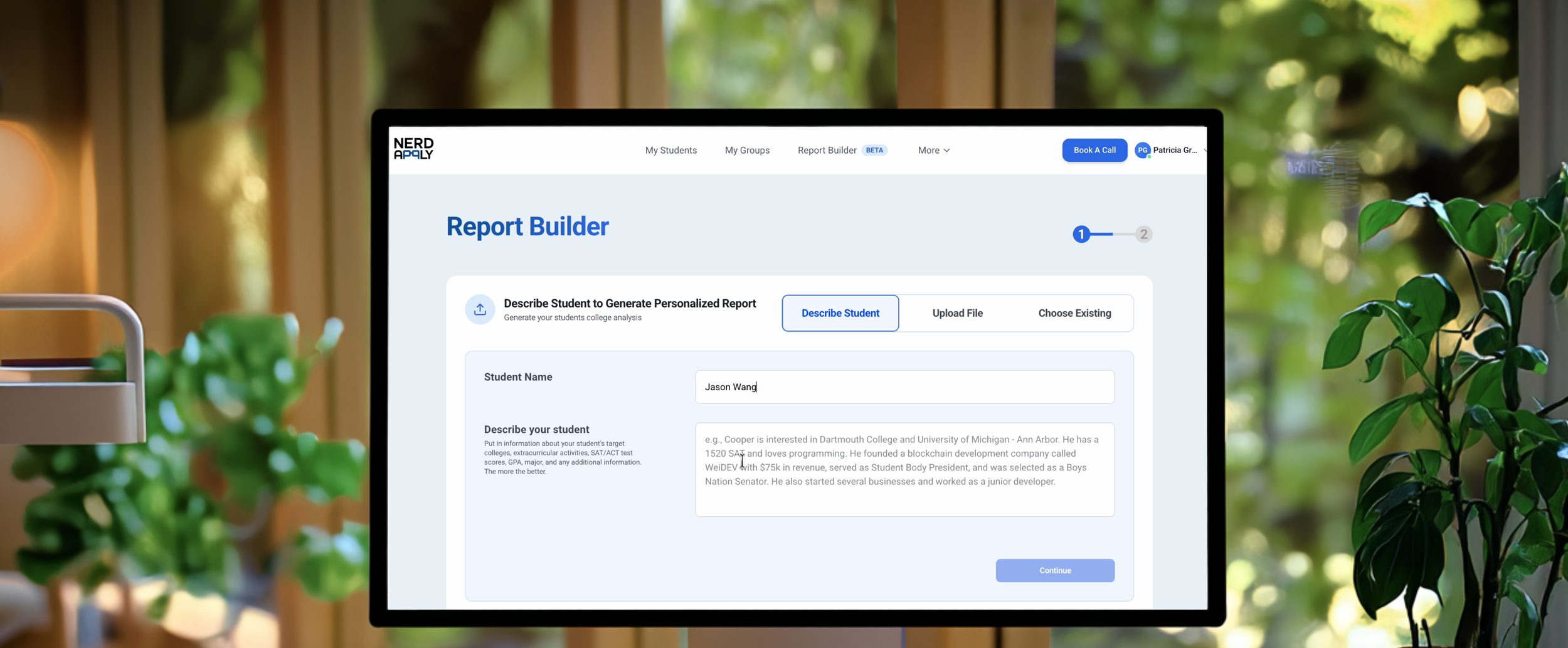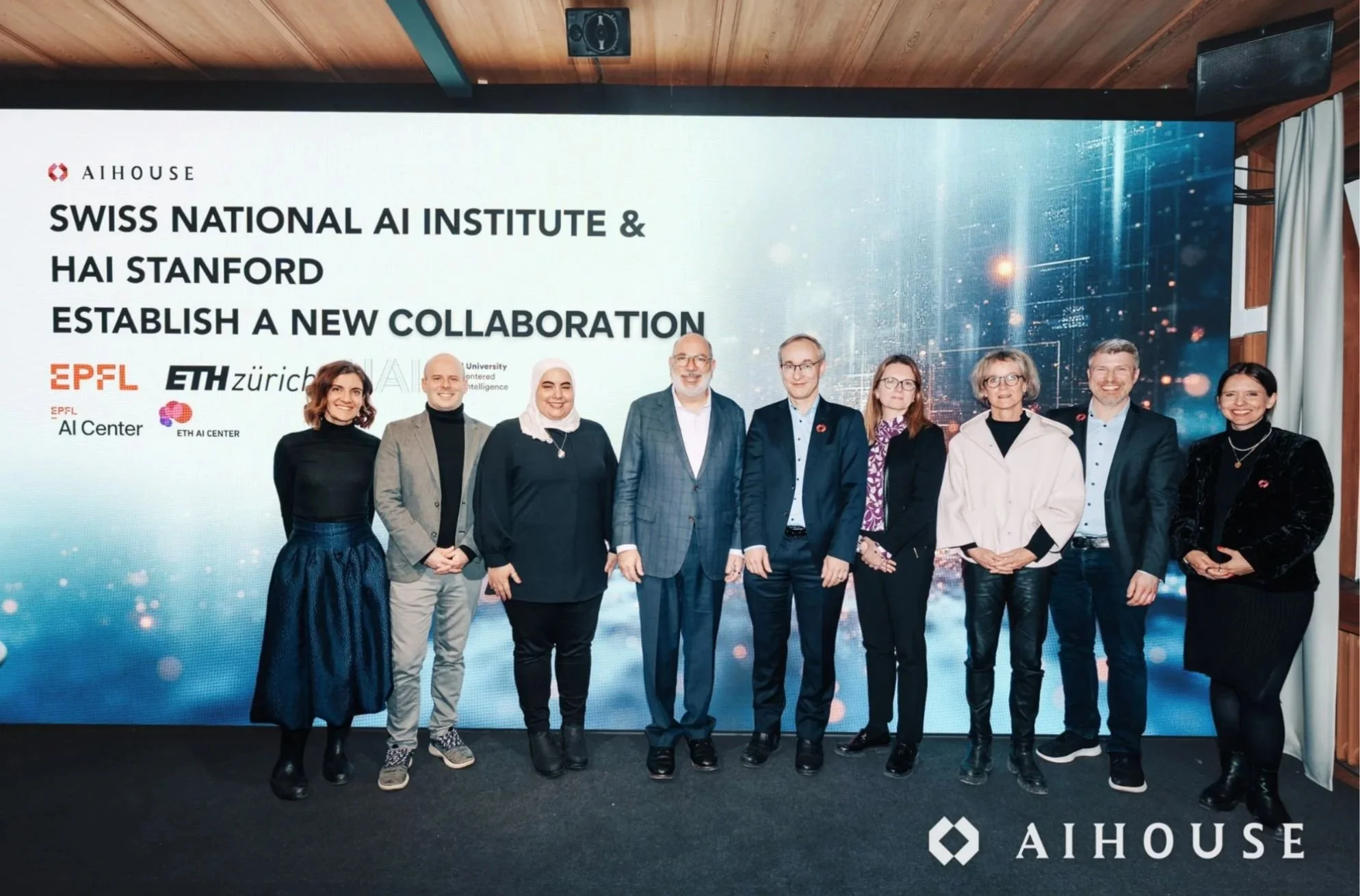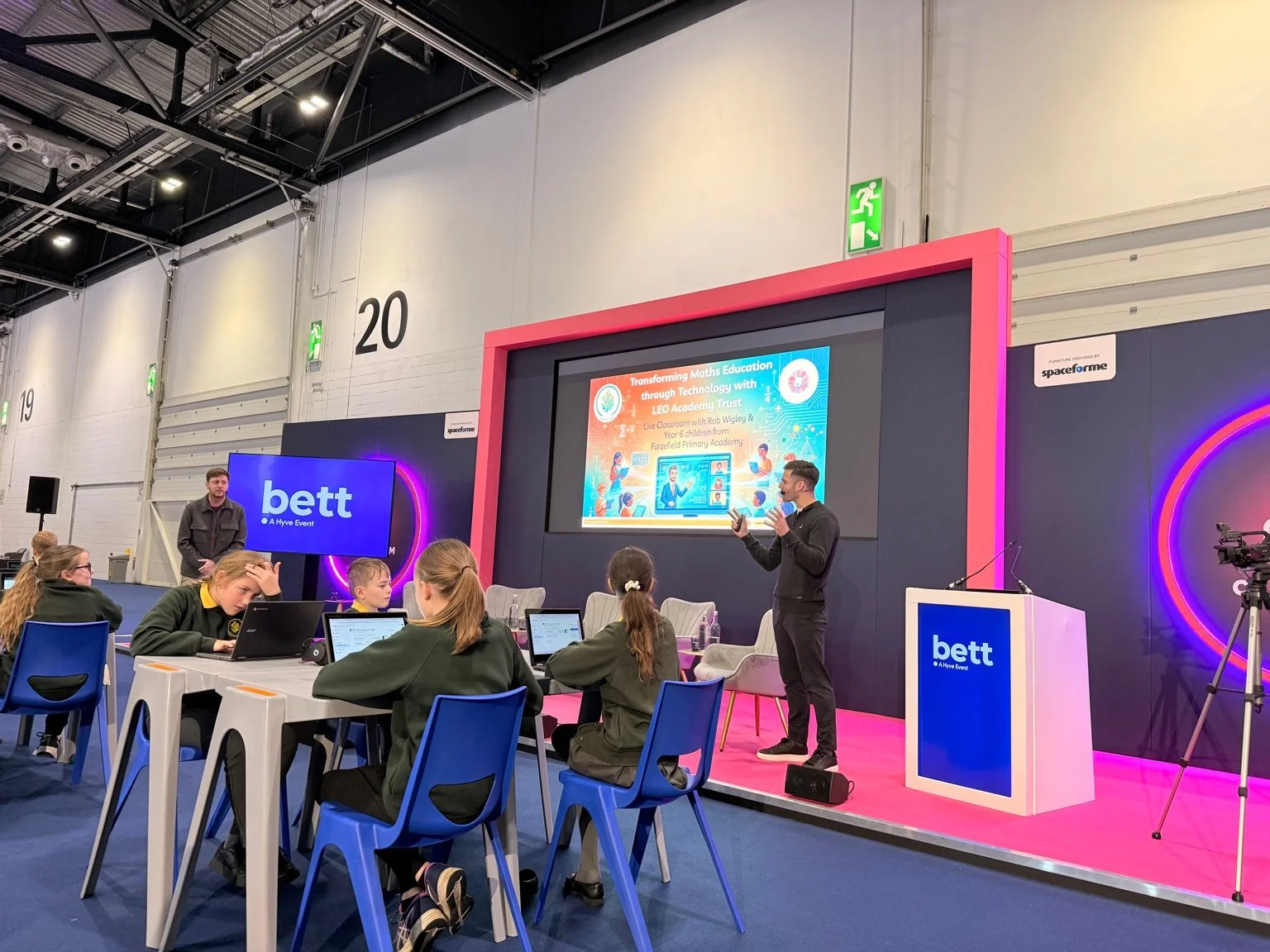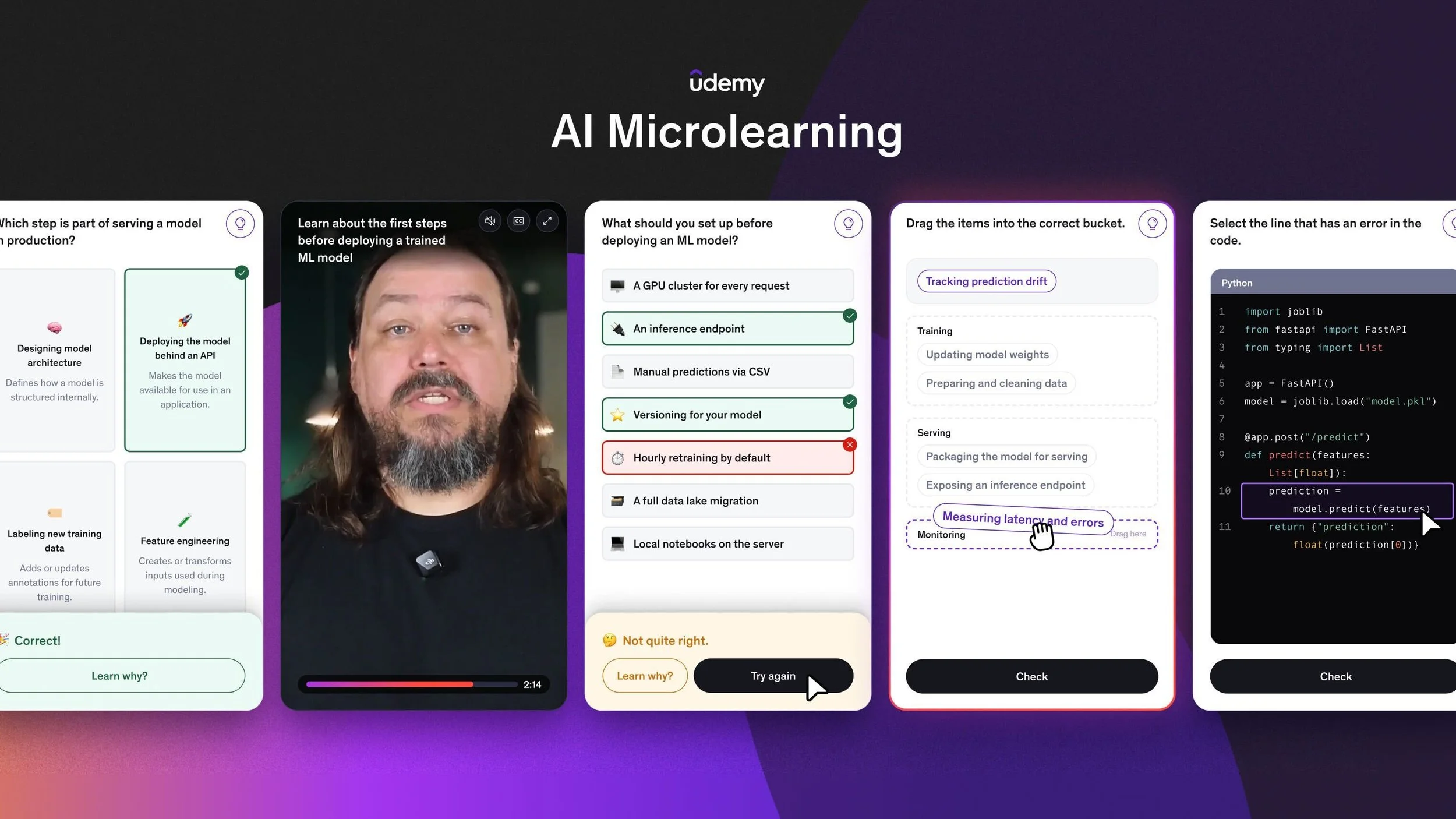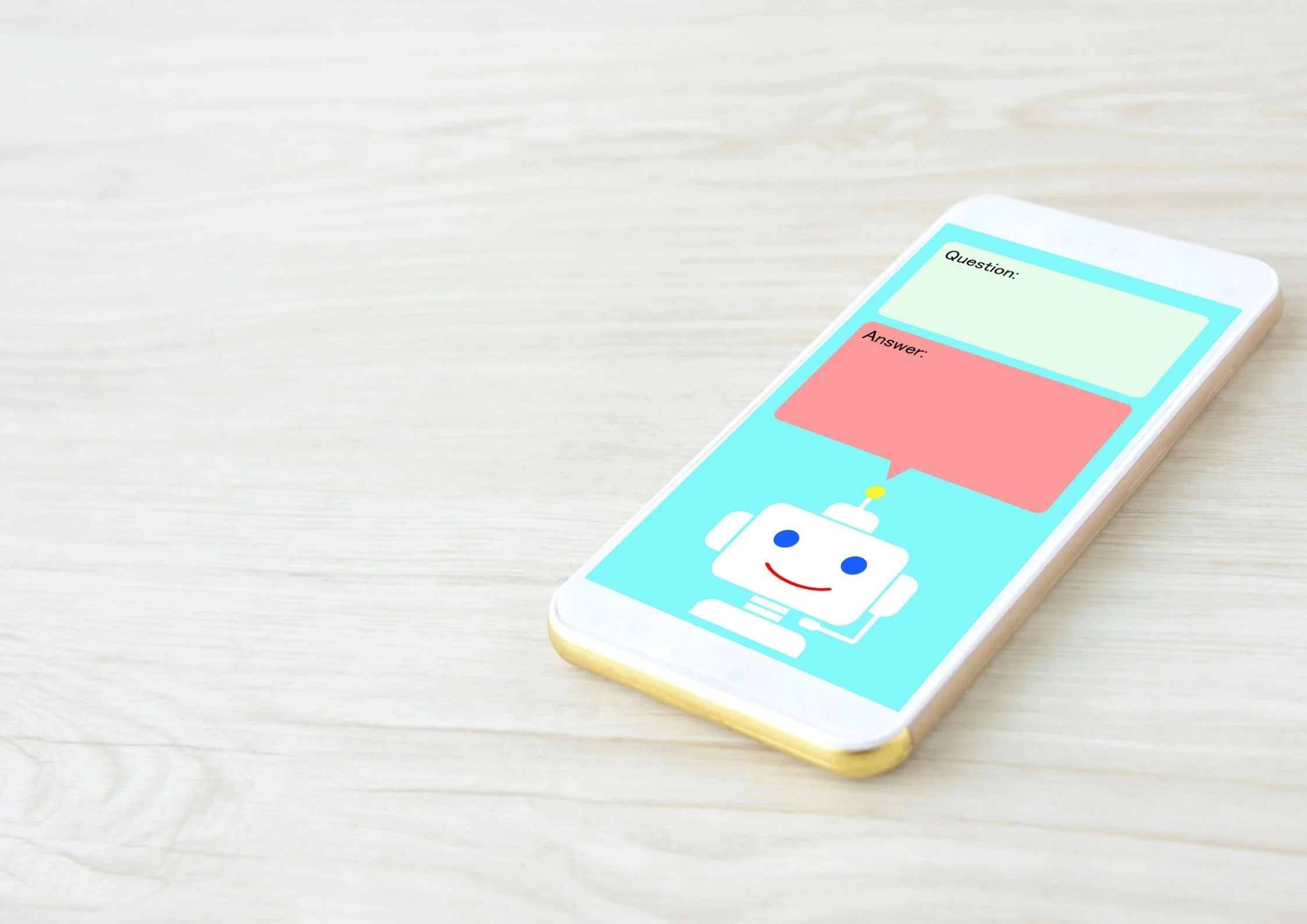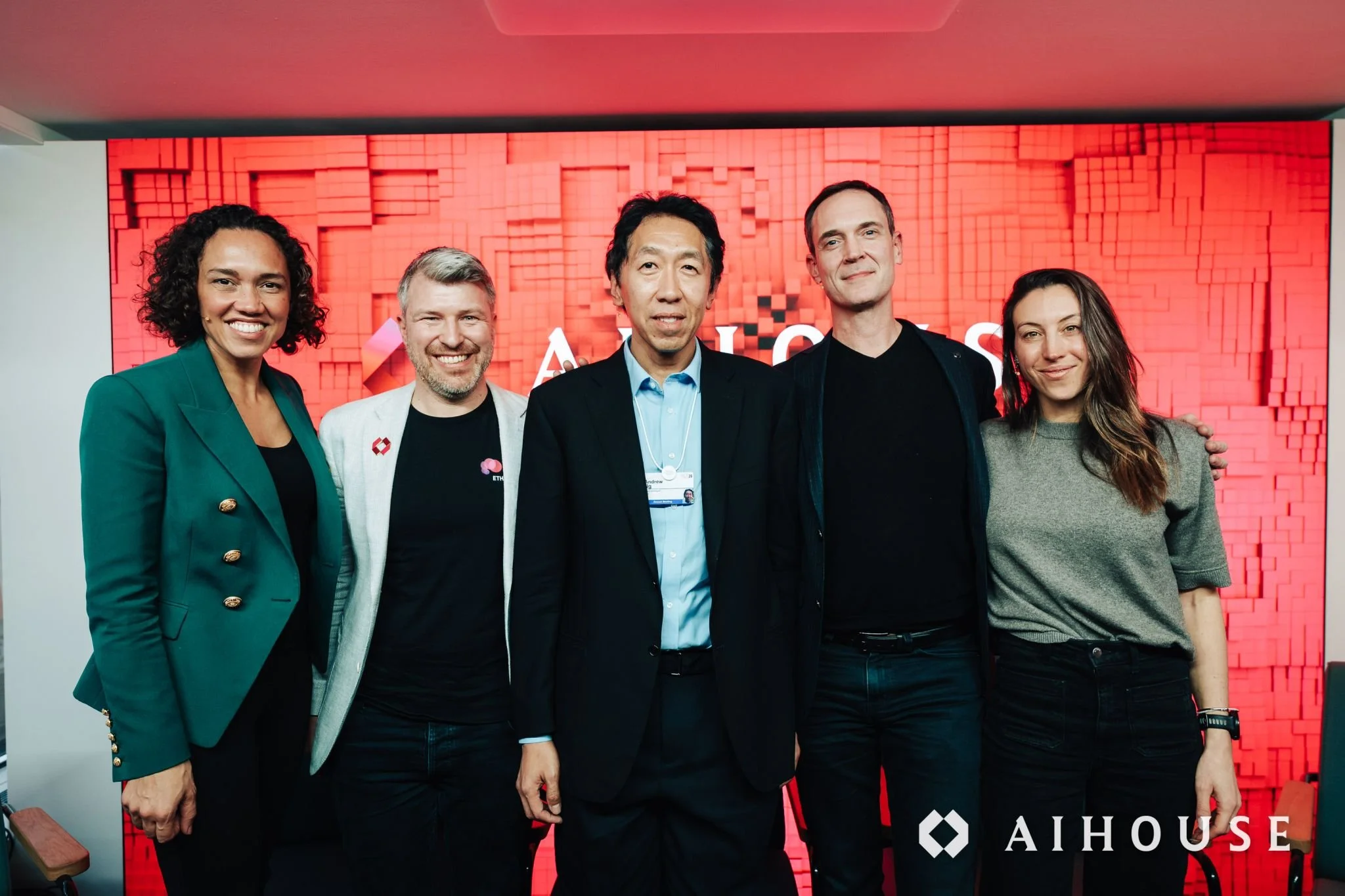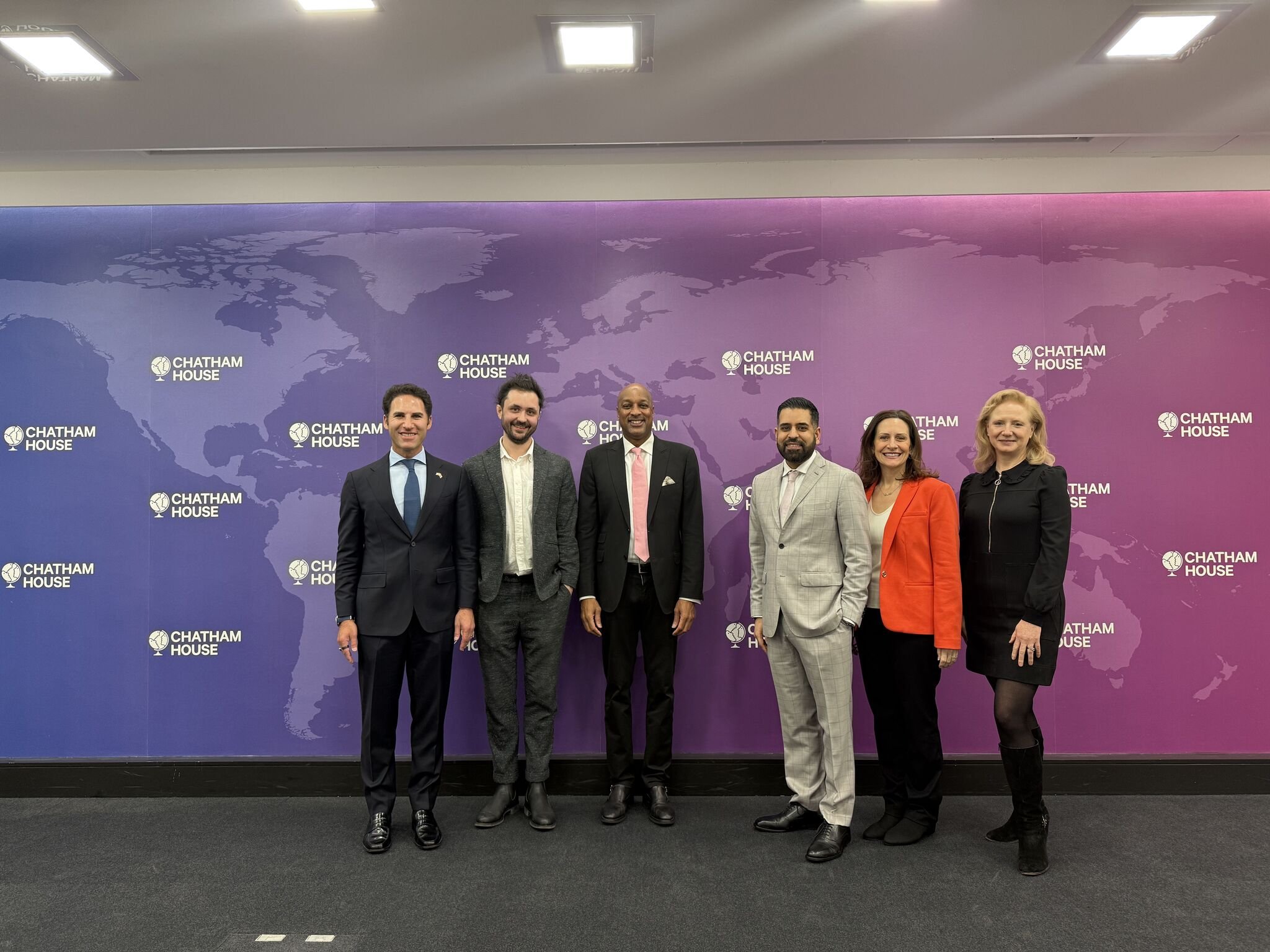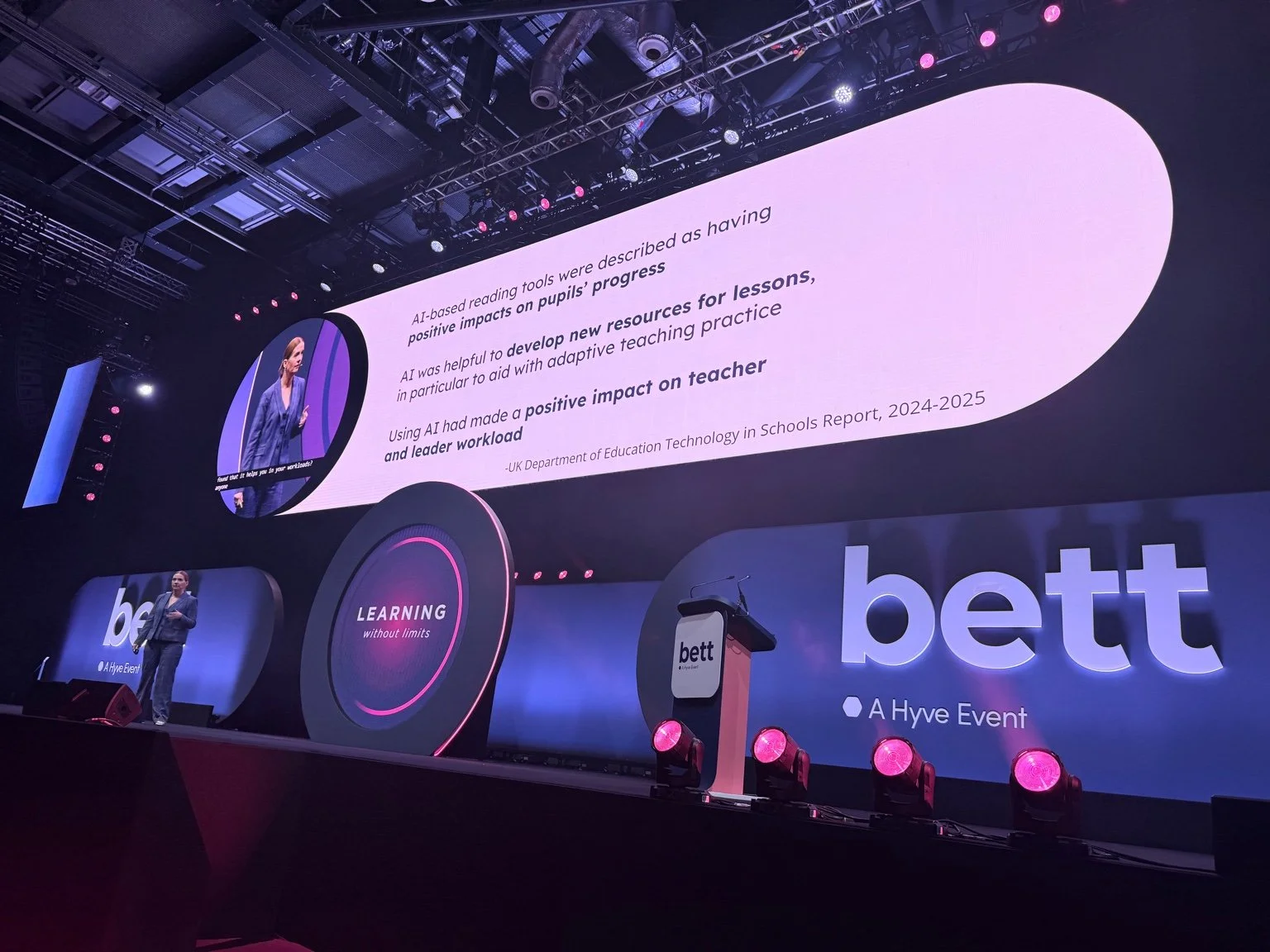Inside KEATH.ai with Co-CEO Imran Ali-Farzal and Chief Academic Officer Dr. Chris Trace on fixing grading with AI
We caught up with Imran Ali-Farzal, Co-CEO, and Dr. Chris Trace, Chief Academic Officer at KEATH.ai, to discuss how their AI-powered platform is transforming assessment. They share with ETIH their vision, explore key challenges, and reveal what’s next for AI in education.
Imran Ali-Farzal, Co-CEO
ETIH: What inspired you to co-found KEATH.ai, and what challenges in education were you hoping to address?
IAF: I am driven by a deep-seated passion for transforming education through innovation. Having worked as an Academic Director and as an Executive Principal, I saw firsthand the challenges educators face daily. The sheer volume of administrative tasks, particularly grading, often detracts from the core mission of teaching and learning. Teachers are stretched thin, and students aren't always receiving the personalized feedback they need to thrive.
Working with Joey Lin, our founder and CEO, has been an incredibly rewarding experience. Joey's vision for leveraging AI to revolutionize education resonated deeply with my own. His experience (deflecting a full scholarship to Cambridge for entrepreneurial pursuits, building the largest EPQ tuition center in the world, just for context) combined with my educational background, creates powerful synergy. We want to create a solution that would alleviate these burdens and empower educators to focus on what they do best: inspiring and guiding students.
We've been incredibly fortunate to have high-level advisors and supporters, including the University of Surrey, who have been instrumental in our growth. Their guidance and support were crucial in helping us officially launch KEATH.ai inside the House of Lords and gaining the success we have experienced thus far.
Dr. Chris Trace, Chief Academic Officer
ETIH: KEATH.ai focuses on AI-driven assessment. Why do you believe this area is crucial for the future of education?
CT: Having switched sides, from Higher Ed academia to EdTech, I've got a fresh perspective. We need assessments that go beyond the traditional. We need assessments that capture the diverse skills students need for the real world. And that's exactly what KEATH.ai is doing.
Seeing the platform in action, it's not simply about automating marking. It's about giving teachers back their most precious resource: time. Time they can spend teaching, not just buried in paperwork. I've seen the impact it has on student engagement, the way it allows for truly personalized feedback. That's where the magic happens, isn't it?
And it's not just about efficiency, either. I've been talking to our partners, hearing their stories, and it's clear: we're making a real difference. We're talking about a deeper understanding of student progress, more consistent evaluations, and a real chance to address individual needs. That's what education should be about, isn't it?
ETIH: Can you explain how KEATH.ai's AI Assessment Assistant (AAA) works and what sets it apart from traditional grading systems?
IAF: The AAA greatly improves academic grading. It reduces grading time from 30 minutes to 3–5 minutes for a 3,000-word assignment. It gives 250–1,000 words of customizable feedback, unlike the 50-word feedback given in traditional grading systems. It also provides consistent grading, with only a 0–1 mark difference, unlike the 6-mark difference in traditional grading. It gives detailed post-exam feedback and allows teachers to customize evaluations. It can be integrated into the school’s current systems, and it keeps data secure. KEATH.ai uses data propagation technology and has a team of AI experts.
ETIH: What have been the biggest challenges in developing AI for assessment, and how have you addressed them?
CT: Developing AI for educational assessments presents challenges in data, ethics, and trust, all of which KEATH.ai tackles head-on. For data, we leverage years of R&D and a database enrichment strategy for diverse datasets. We ensure privacy by removing identifiers, shuffling data, and encryption, allowing secure institutional storage. Ethically, we combat bias with consistent assessments (0–1 mark difference) and ensure transparency through detailed, customizable feedback. To build teacher trust, our 'Human-AI-Looping' system maintains educator control, integrates with existing systems (LTI), and is supported by comprehensive IT assistance.
ETIH: What do you see as the biggest misconceptions about AI in education?
CT: That it replaces teachers, is a magic fix, kills creativity, or is only for the wealthy. It's a tool, needs input, frees time for deeper learning, and platforms like KEATH.ai make it accessible. It's about understanding its limits and using it to benefit learners.
IAF: Technology and teaching should go hand-in-hand. At KEATH.ai, we're building solutions around our founding slogan of “Empower Educators, Unleash Potential.” We're empowering educators through strategic partnerships, ensuring ethical standards, and delivering practical AI tools that enhance learning outcomes, not hinder them.
ETIH: Do you believe AI-driven assessment will eventually replace human grading, or will it always be a supplementary tool?
CT: So, that's a cracking question, isn't it? Look, I don't see AI-driven assessment completely replacing human grading anytime soon, or even necessarily ever. It's not about a simple 'either/or' scenario. I reckon AI is best seen as a powerful supplementary tool, a proper sidekick if you will. It can handle the repetitive, time-consuming tasks – the marking of straightforward assessments, the initial analysis of data – freeing up educators to focus on the things AI can't quite grasp yet.
Things like nuanced feedback, the kind that comes from understanding the individual student's context, their struggles, their unique way of thinking. That's where the human element is irreplaceable. AI can provide the data, but it's the teacher who interprets it, who builds the relationship, who sparks that 'aha' moment. Think of it like this: AI can be brilliant at identifying patterns and trends, but it lacks the empathy and the understanding of the subtle complexities of human learning. It's about finding that sweet spot where AI and human expertise work together, each playing to their strengths. So, while AI-driven assessment will undoubtedly become more sophisticated, I believe it will always be most effective as a tool that augments, rather than replaces, the essential role of the human educator.
ETIH: What's next for KEATH.ai? Are there any new innovations or expansions we should look out for?
IAF: "We are always enhancing our AI algorithms aimed at refining accuracy and broadening the spectrum of assessment types that we can adeptly handle. As a matter of fact, we just had rolled out several new innovations. The recent product introductions of TAYGo (Train As You Go) enables teachers with a bespoke adaptation of the platform to mirror specific grading styles and assignment criteria, thereby amplifying personalization and flexibility.
Simultaneously, our foray into community models is set to amplify collaborative practices among educators.
Both are for improving the precision of feedback mechanisms and analytical tools, ensuring educators receive increasingly nuanced and actionable insights. We believe by establishing a platform for the exchange of best practices, resources, and insights, we're fostering an environment where collective wisdom enhances the quality of educational delivery. And one last thing to add is KEATH.ai is already being utilized in five continents; our vision extends beyond national boundaries, and we intend to keep forging new strategic partnerships."
ETIH: If you could host a dinner party with five key figures in EdTech and AI, who would they be, and why?
CT: Helen Crompton, Phil Dawson, Mike Perkins, and Sam Altman.
IAF: Professor Rose Luckin, Al Kingsley, Dan Fitzpatrick, Steven Hope, and Sal Khan.
(N.B.: Both said, Alan Turing would have been their honorable fifth dream guest!)







